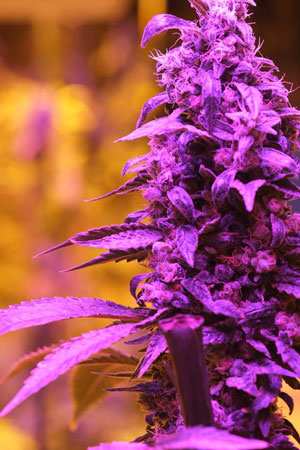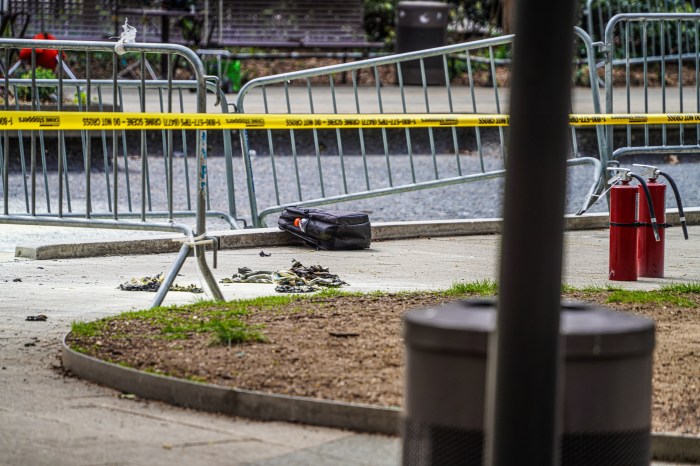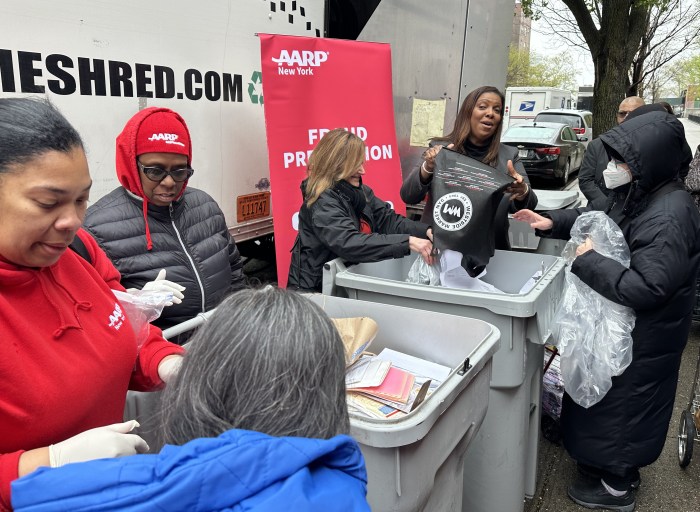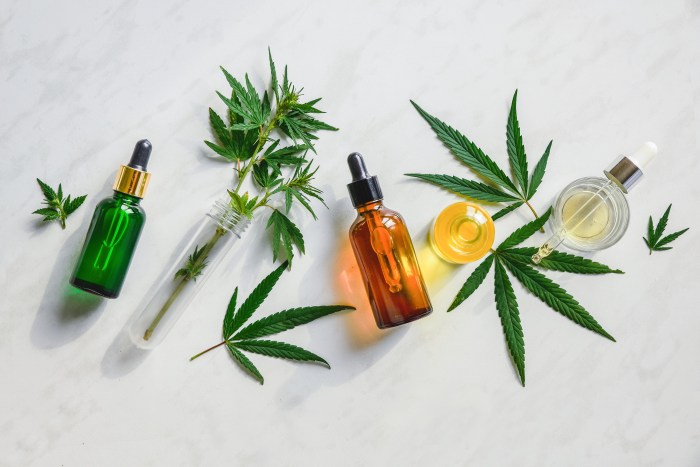
BY PAUL DERIENZO | Marijuana legalization is on the move as ballot measures to free the weed are spreading like a prairie fire across the American landscape.
In November voters legalized marijuana for recreation in Alaska, Oregon and the District of Columbia. They join voters in Washington State and Colorado who legalized pot for recreational purposes in 2012.
Advocates in California, where medical marijuana was legalized in 1996, are considering plans to revisit the issue in 2016 after a hard-fought loss in 2010.
According to a poll, well more than half of Americans currently support marijuana legalization, and 23 states have ether legalized, decriminalized or passed medical marijuana laws.
Marijuana legalization has been a tax windfall in Colorado. Denver newspapers and the Colorado Department of Revenue report the state is on track to sell 130 metric tons of pot this year and has been raking in more than $3 million a month in cannabis taxes.
Washington has been slower to jump on the marijuana bandwagon, but several licensed retail marijuana shops have opened.
In Alaska, decades of debate ended in a victory for legalizing recreational weed in the state. The new law’s language is similar to that of Colorado, but the rollout of the licensed pot shops is slower and is expected to take about two years.
Oregon was one of the first states to have passed a medical marijuana after California, but failed to legalize cannabis in 2010. This year the vote was reversed and legalization sailed through.
Washington, D.C., saw marijuana legalization win by a wide margin. But a provision buried in the $1.1 trillion “Cromnibus” budget bill prohibits D.C. from using federal money “to implement any law or regulation that repeals or reduces marijuana-related penalties.” D.C. laws are subject, under the U.S. Constitution, to final approval by Congress.
Mason Tvert, a spokesperson for the Marijuana Policy Project, said that Congress is ceding control of marijuana policy to lawbreakers by refusing to allow the District to regulate pot sales.
“If drug cartels and gangs had lobbyists on the Hill, preventing marijuana regulation would be their top legislative priority,” he said.
But the “Cromnibus” bill was not entirely bad for pot. The budget bill contains an amendment barring the Justice Department from using its funds to target patients and providers. The feds’ threats had resulted in the closing of 600 legally operating pot business in both California and Colorado. There have also been numerous threats of asset forfeiture and prosecution of landlords who rented to marijuana shops and dispensaries.
But with the new federal law, Bill Piper, director of national affairs for the Drug Policy Alliance, said, “It’s not a question of if, but when, federal marijuana prohibition will be repealed.”
In 2011 the New York Police Department ordered its officers to stop using minor marijuana possession charges as a pretense to justify the department’s stop-and-frisk policy, which was discontinued by Mayor de Blasio. With stop-and-frisk, police would get people to expose their marijuana, exploiting an “open to public view” loophole in the state’s pot decriminalization law.
Possession of a small amount of pot is a simple violation in New York, punishable by a ticket. But if the officer saw the pot in an open wallet during a stop-and-frisk, the person could be arrested. In 2011, 50,000 New York City residents were arrested for small amounts of weed.
This November, after mounting criticism of the tactic, Police Commissioner Bill Bratton and Mayor de Blasio announced that New Yorkers arrested with less than 25 grams of pot would be served with a ticket and not arrested on a misdemeanor charge.
The use of pot laws to bust people has been criticized for racial disparity. According to the Drug Policy Alliance, 86 percent of people arrested for marijuana in New York City are black and Latino and 74 percent have no prior convictions.
Yet, despite the recent policy change, pot arrests in the city are on track to match arrest numbers during the administration of former Mayor Bloomberg. The Police Reform Organization Project puts the blame on the city’s continued adherence to the “Broken Windows” policing policy. The Mayor’s Office claims that there is a small but steady decrease in marijuana arrests as the new policy is being implemented.
In July 2014, New York passed a medical marijuana bill — signed into law by Governor Andrew Cuomo — becoming the 23rd state to do so.
The law was based on two decades of advocacy by state Assemblymember Richard Gottfried. Although New York’s Compassionate Care Act is considered a positive step, the Marijuana Policy Project claims the bill falls short by requiring detailed patient certification procedures; limited qualifying conditions — such as cancer, H.I.V./AIDS and A.L.S. — a ban on smoking pot; and stringent guidelines with tough penalties for violations by doctors.
In short, marijuana remains a sticky subject in Albany, where state Senate Republicans routinely kill Democrat-sponsored marijuana decriminalization and legalization bills.
Internationally, marijuana is strictly illegal in most countries, although decriminalization movements have been growing. Notably, Uruguay’s president José Mujica announced that marijuana would be totally legalized in his country starting in 2012.
Although still technically illegal, marijuana is widely available in such nations as Canada, Italy and the Netherlands. The United Nations has raised concerns that easing pot laws violates treaties signed by its members that prohibit legalization of drugs.
The next few years promise to further clear the smoke around the issue of pot legalization.
DeRienzo is host of “Let Them Talk” on the MNN Lifestyle Channel every Tuesday at 8 p.m.

















